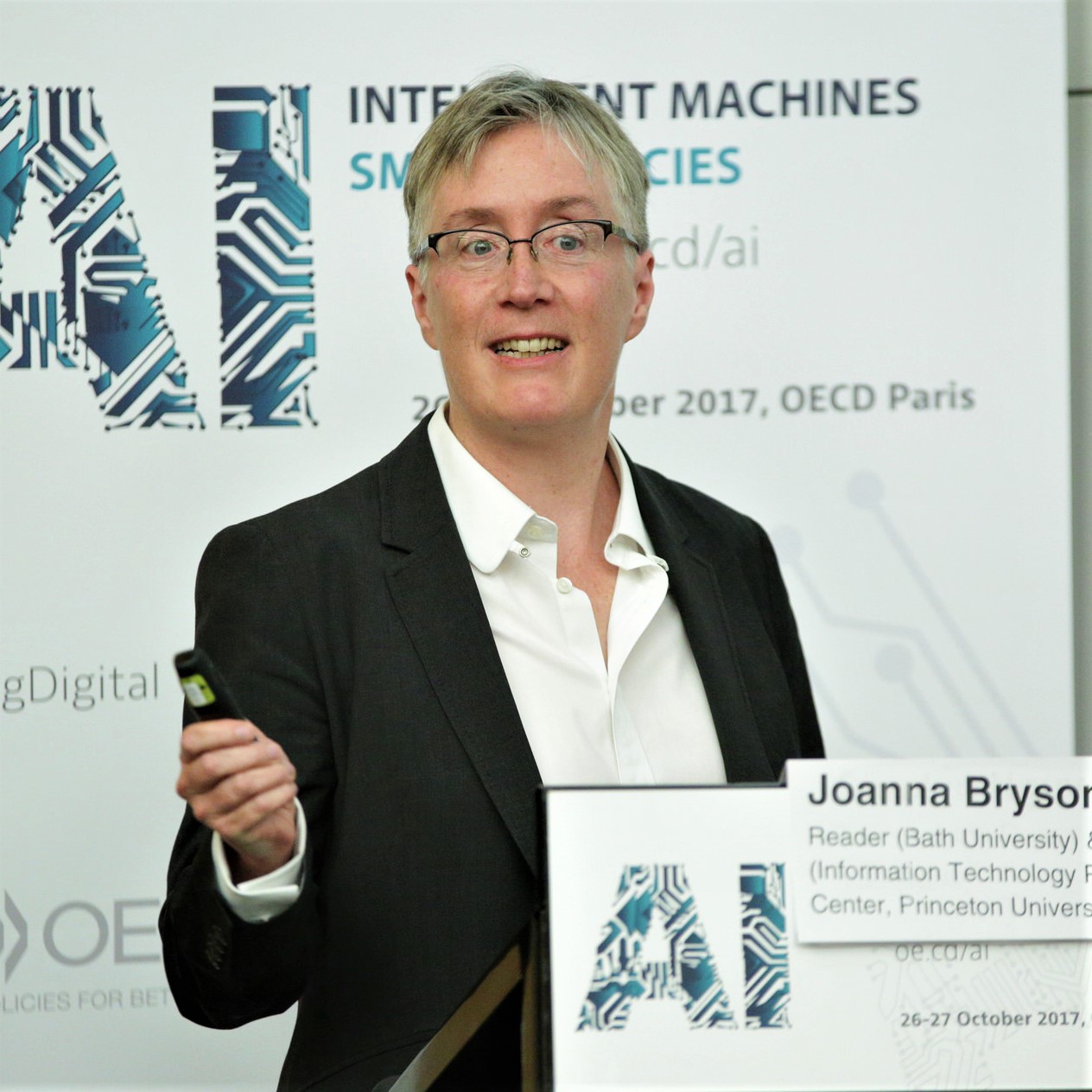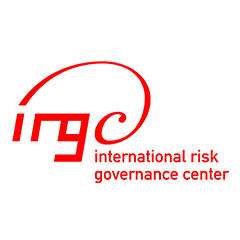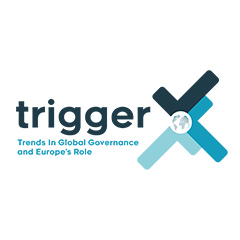Governance Of and By Digital Technology
Online Conference
Wednesday 18 November 2020, 14:00-18:00 CET

The “Governance Of and By Digital Technology” conference was hosted by the EPFL International Risk Governance Center (IRGC) and the Trigger Project.
This event brought together leading policymakers, researchers and practitioners to discuss the rapid pace of technological change and society’s increasing reliance on digital technologies.
In addition to issues regarding the governance of technology, this event included discussions of governance by technology, looking at the danger that decision-making algorithms will reduce or remove the ability of people and societies to make decisions. What kinds of rules and regulations are necessary to prevent new technologies from causing harm?
Conference videos
Welcome and Introductions
Keynote 1
Stuart Russell – Governing AI: A few suggestions
Session 1
Privacy, efficacy and the digital response to Covid-19
Keynote 2
Joanna Bryson – Governing AI made easy
Session 2
Governance of technology:
the challenges of regulating machine learning
Session 3
Governance with and by technology:
digitally enabled policymaking
programme
14:00 - Welcome and Introductions
- Marie-Valentine Florin, EPFL
- Andrea Renda, CEPS
- Jim Larus, EPFL
14:20 - Privacy, efficacy and the digital response to Covid-19
Data protection is at the heart of debates about the governance of digital technologies, but concerns have been raised about hampering innovation. This session will assess the relationship between privacy and technological efficacy, drawing on the recent development of Covid-19 contact tracing apps.
– Moderation: Jim Larus, EPFL
- Jeffrey Bohn, “Striking a balance between data privacy & effective machine intelligence for algorithm development“, Swiss Re
- Elettra Ronchi, “Are there lessons about governance of and by technology to be learned from the rapid roll-out of digital contact tracing apps as part of governments’ urgent public health response to Covid-19?”, OECD
- Michael Veale, “Privacy, infrastructure and the digital response to Covid-19”, University College London
15:10 - Keynotes
- Stuart Russell, “Governing AI: A few suggestions”, University of California, Berkeley
- Joanna Bryson, “Governing AI made easy”, Hertie School
15:40 - Governance of technology: the challenges of regulating machine learning
The increasing role played by machine-learning algorithms in a growing range of decision-making processes raises legal, technical and ethical challenges. In this roundtable session, participants will discuss the priorities, constraints and trade-offs that policy-makers face in the regulation of machine learning.
– A roundtable discussion with Andrea Renda (facilitator), Stuart Russell, Joanna Bryson and:
- John Zysman, “Governing AI: Understanding the limits, possibility, and risks of AI in an era of intelligent tools and systems”, University of California, Berkeley
- Karen Yeung, “Why the EU White Paper’s approach is incorrectly described as ‘risk-based’“, University of Birmingham
- Bernd Stahl, “Governing AI ecosystems”, de Montfort University
- Raja Chatila, “Technical robustness and safety of AI based systems as a means for their governance”, Sorbonne University
- Kelsey Farish, “Difficulties in regulating emerging and rapidly evolving digital technologies: Deep fakes”, DAC Beachcroft
16:50 - Break
17:00 - Governance with and by technology: digitally enabled policymaking
Given the transformation that new technologies have unleashed in many areas of life, the impact in the public sector has been relatively modest. This session will discuss whether greater use could or should be made of digital technologies in developing and implementing public policy.
– Moderation: Marie-Valentine Florin, EPFL
- Gianluca Misuraca, “Digital Europe 2040: AI & public sector innovation in a data driven society”, Danube University Krems
- Bryan Ford, “When and why Machine Learning should never, ever be used in governance”, EPFL
- Peteris Zilgalvis, “The EU approach to blockchain/DLTs”, European Commission
Speakers
Jeffrey Bohn
Chief Research & Innovation Officer and Head of Research & Engagement
Swiss Re Institute
Raja Chatila
Professor Emeritus of Robotics, Artificial Intelligence & Ethics
Institute of Intelligent Systems and Robotics, Sorbonne University
James Larus
Academic Director, IRGC@EPFL
Professor & Dean, School of Computer and Communication Sciences, EPFL
Stuart J. Russell
Professor of Electrical Engineering and Computer Sciences, UC Berkeley
Adjunct Professor of Neurological Surgery, UC San Francisco
Peteris Zilgalvis, J.D.
Head of Unit, Digital Innovation and Blockchain
DG CONNECT, European Commission
John Zysman
Professor Emeritus of Political Science
UC Berkeley
Contact Us
|
EPFL International Risk EPFL IRGC
+41 21 693 82 90 |





















